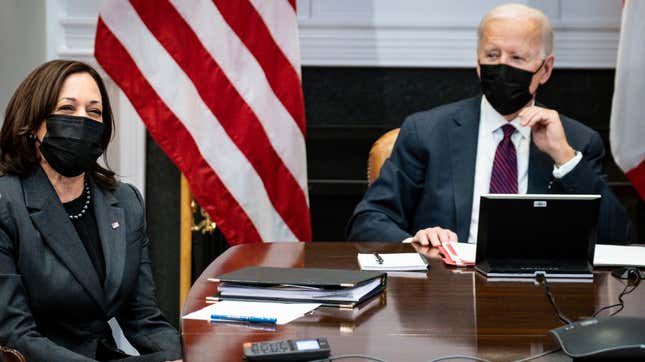Biden-Harris Administration Injected A Ton Of Money Into Addressing Black Maternal Health
Politics

It’s Black Maternal Health Week, a little-known occasion with a grim origin. In the United States, Black women are nearly three times as likely to die from pregnancy complications than white women. According to the Centers for Disease Control and Prevention, two out of three of those deaths were preventable. This scourge impacts Black women the across socio-economic spectrum, from multi-millionaires like tennis star Serena Williams to working and middle-class black women in Georgia, Louisiana, and Indiana, the states with the highest Black maternal mortality rates in the nation. Now, the Biden-Harris administration is acknowledging the gap and has pumped millions of dollars into programs aimed at clamping down on the issue.
“[This gap happens] because of systemic inequities and implicit bias,” Vice President Harris said in a video address. “I’ve heard stories from Black women who told their doctor they were experiencing pain, only to be sent away. Women from different backgrounds, women with different education and income levels, and women who deserve to be heard and treated with dignity.”
-

-

-

-

-

-

-

-

-

-

-

-

-

-

-

-

-

-

-

-

-

-

-

-

-

-

-

-

-

-

-

-

-

-

-

-

-

-

-

-








































